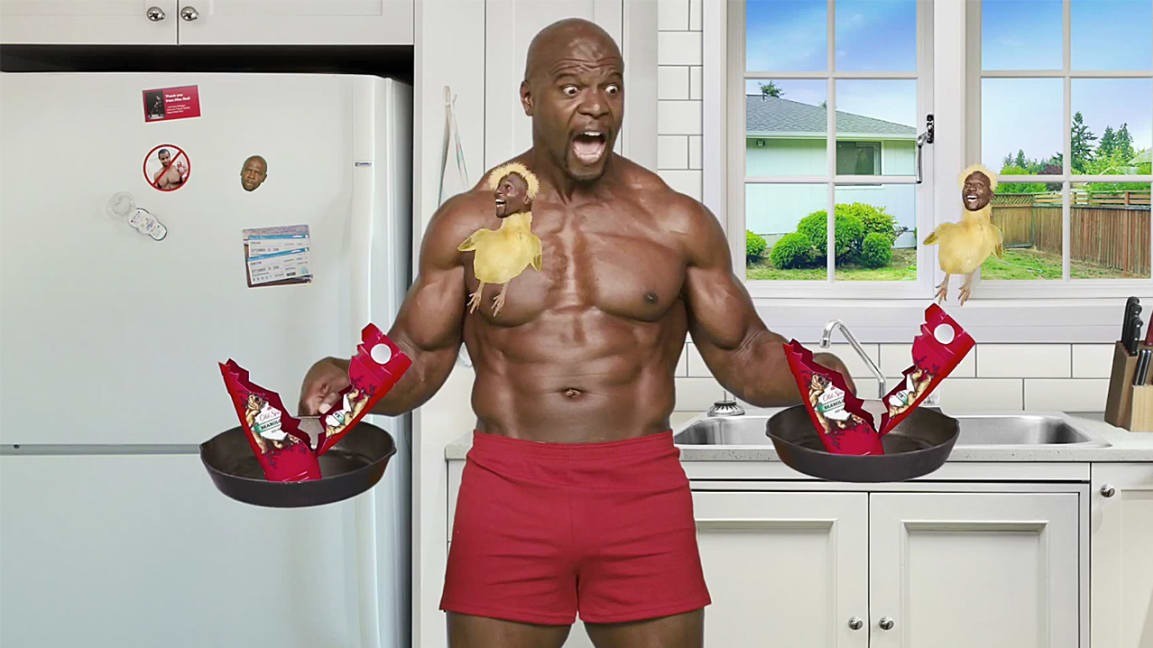Wacky transitions, nonsensical dialogues, distorted audio.
On the level of 1 to ‘making sense of people who believe Earth is flat’, how puzzled are you by Gen Z humour?
At least science confirms we’re living on a spherical celestial body. But until there are peer-reviewed studies on the serious subject matter of what brings Gen Zs the LOLs, let’s look at what op-eds from around the world have attempted to decode over recent years.
Start with listening to Gen Zs themselves.
In late 2020, YouTuber and digital native Mister Sweet released a video titled ‘Why is Gen Z humor so weird?’ and in response, the Gen Zs of the Internet have spoken: you’re pretty on point, mate.
Internet accessibility, too much free time, and oversaturation of information is the sweet recipe for utterly absurd comedy, Mister Sweet argued.
Young people are bored easily and quickly, and jokes are outdated fast. This means the content really needs to surprise from the get-go. The joke can be so unexpected that it’s bad, weird or doesn’t even make sense – and that’s funny in itself. You enjoy things ironically.
And if Gen Zs have seen it already, it’s cringe. A few-month-old trend can seem decades old. And when a trend like dabbing or the Harlem Shake reaches parents or mainstream news, it’s despised. It’s not even cool to like it, and if you’re late to the party, well, you suck.
Because of this Gen Zs “are forced to constantly adapt to a new idea of what’s considered funny,” Mister Sweet said.
Last month, another Gen Z YouTuber oliSUNvia released a video titled ‘what makes gen z humor so interesting?’ also noting the frenetic randomness. But going deeper, Gen Z humour is next-level, multi-layered irony through inside jokes.
This reminds us of something a 17-year-old female from Queensland told us for our What Gen Z Actually Do Online report.
“A really effective way for brands to engage with young people online is to get on our level, we communicate in a completely different language through a deep history of meme culture,” she said.
That ‘deep history’ isn’t easy to understand if you’re not participating in it.
Compared to the generations before them, Mister Sweet stated that millennials bonded over more straightforward memes like philosoraptor pondering ‘when two left-handers have an argument, which one is right?’. Ah, the simpler times of the Internet.
Scott Fogel for Fast Company also drew a line, writing, “Millennials are attracted to the clever and witty: the sharp, biting commentary of Jon Stewart and Seth MacFarlane, content from Someecards and The Oatmeal, ads like the Old Spice guy and Dos Equis’ Most Interesting Man in the World.
“But Gen Z connects to something completely different: the offbeat and raw. When we talk to teens today, a lot of what they love has a weird, unhinged sensibility to it.
“The media figures they look up to—people like Pewdiepie and Jerome Jarre—are embraced more for their absurdist humor than for clever witticisms. The content they share tends to mirror this as well: self-deprecating Snapchats and memes, or Vines centered around making people think you’re offbeat or quirky.
“This is not millennial behavior; it’s rare for a 20-something to post anything on social that makes them look strange. But for a generation that’s spent their entire lives online—mostly in the unfiltered lens of Skype, webcams, live streams and vlogs—an intimate exhibitionism has emerged in a way that older generations simply don’t have.”
But absurdity, self-deprecation and relatability cross over with millennial humour too, as writers for The Guardian and Inc have covered.
The thing is, all these threads have always been part of the classic comedy recipe. It’s just that the Internet has delivered it on steroids.






